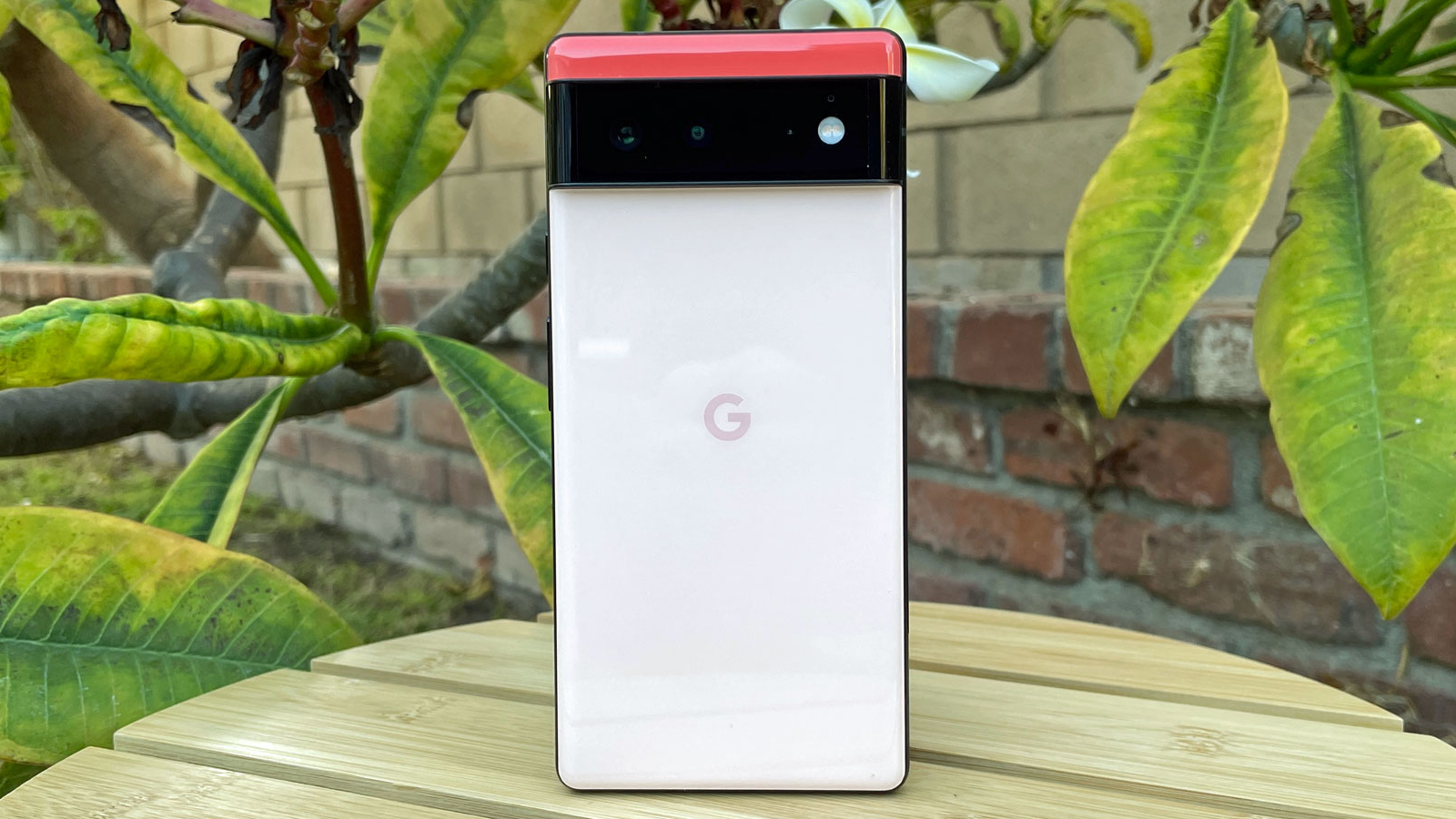Why Samsung beating Pixel's Android updates is a huge deal
An extra year is a big step forward

The Samsung Galaxy S22 range is finally here, but one of the most exciting announcements from Samsung wasn’t the phones themselves – or the Samsung Galaxy Tab S8 range – but rather the promise of longer software support for these devices and others.
The company has said that it will provide four years of Android updates to the Samsung Galaxy S22 range – meaning up to four major Android updates (along with numerous smaller ones), likely taking the devices all the way up to Android 16.
But these won’t be the only devices to benefit – the Samsung Galaxy Tab S8 range will too, and more surprisingly so will the Samsung Galaxy S21 range, the Samsung Galaxy Z Flip 3, and the Samsung Galaxy Z Fold 3 – though as 2021 releases they might top out at Android 15.
Those four years of Android updates aren’t quite the end of the line for these devices either, as Samsung also promises five years of security updates. So while these phones and tablets might not get new Android versions after four years, they will be kept safe from security vulnerabilities for a further year.
Moving in the right direction
This, obviously, is good news for buyers – and for owners of any of those older devices. But more importantly it’s a very promising sign for the industry as a whole.
While Apple has always supported its phones for a long time, Android device makers historically haven’t. In fact, even now many Android phones only get two years of updates, and some don’t even manage that.
So five years of updates – including four years of Android version updates - is massively better, and it might be a sign that things are changing for the better, especially as this isn’t the first move towards longer support.
Sign up for breaking news, reviews, opinion, top tech deals, and more.
Back in 2021, Samsung made a similar announcement, offering three years of Android updates and four years of security patches on key devices, and that was seen as a big deal at the time. It didn’t come alone either – OnePlus, Oppo and others made similar promises.

Then, later in the year Google arrived with the Pixel 6 range and matched those rivals with a promise of at least three years of Android updates, but beat them with a promise of five years of security updates.
We’d hoped for even more, given that Google makes Android and – as of the Pixel 6 range – also designs its own chipsets (which can be a factor in updates, as the chipset also needs to support new software), but still, this was one more sign that things were heading in the right direction.
And with this new announcement from Samsung, we can see that this momentum hasn’t slowed down. Samsung has beat Google here, and now the ball is in other phone makers' courts to match or beat Samsung’s promise.
Driven by competition
They might well do so too, since longer term support can make a device far more desirable – especially when it’s high-end. After all, no one wants to spend over a grand on a phone, only for it to become obsolete (or at least out of date and less safe to use) a few years later.
So potential buyers who are aware of Samsung’s promise here will have one less reason to look at rivals’ offerings, unless those rivals move to match this.
Hopefully they will, because that would be good for consumers – not to mention the environment, with fewer phones ditched as people would potentially upgrade less often.
There’s certainly still work to be done here, even for Samsung, which trails behind Apple still in terms of software support, and is only promising these lengthy durations for premium models.
So hopefully the steady stream of promises will continue, as companies aim to one-up each other to remain competitive, and maybe one day soon the Android ecosystem will have the sort of software support it should have had from day one.
- These are the best Android phones
James is a freelance phones, tablets and wearables writer and sub-editor at TechRadar. He has a love for everything ‘smart’, from watches to lights, and can often be found arguing with AI assistants or drowning in the latest apps. James also contributes to 3G.co.uk, 4G.co.uk and 5G.co.uk and has written for T3, Digital Camera World, Clarity Media and others, with work on the web, in print and on TV.